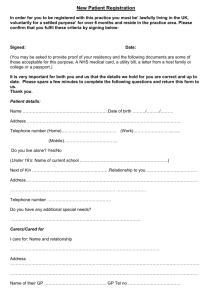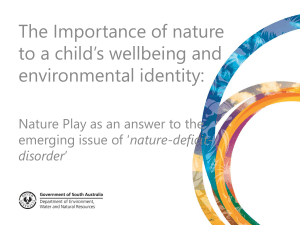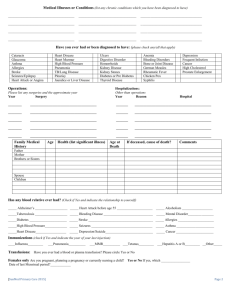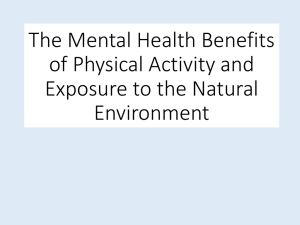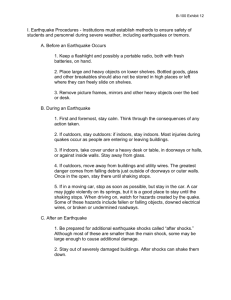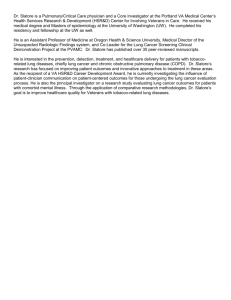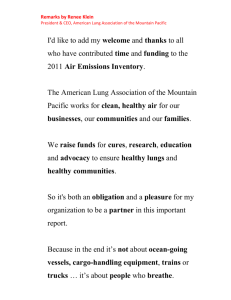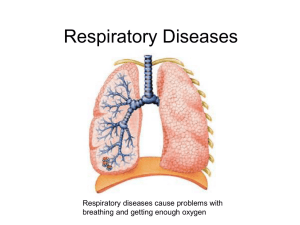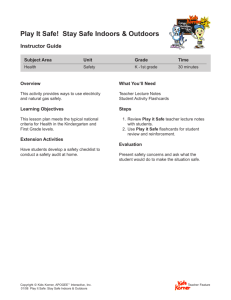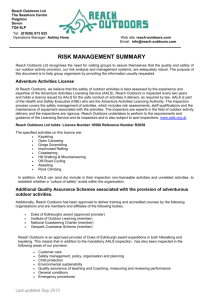Actions to Reduce Smoke Exposure
advertisement
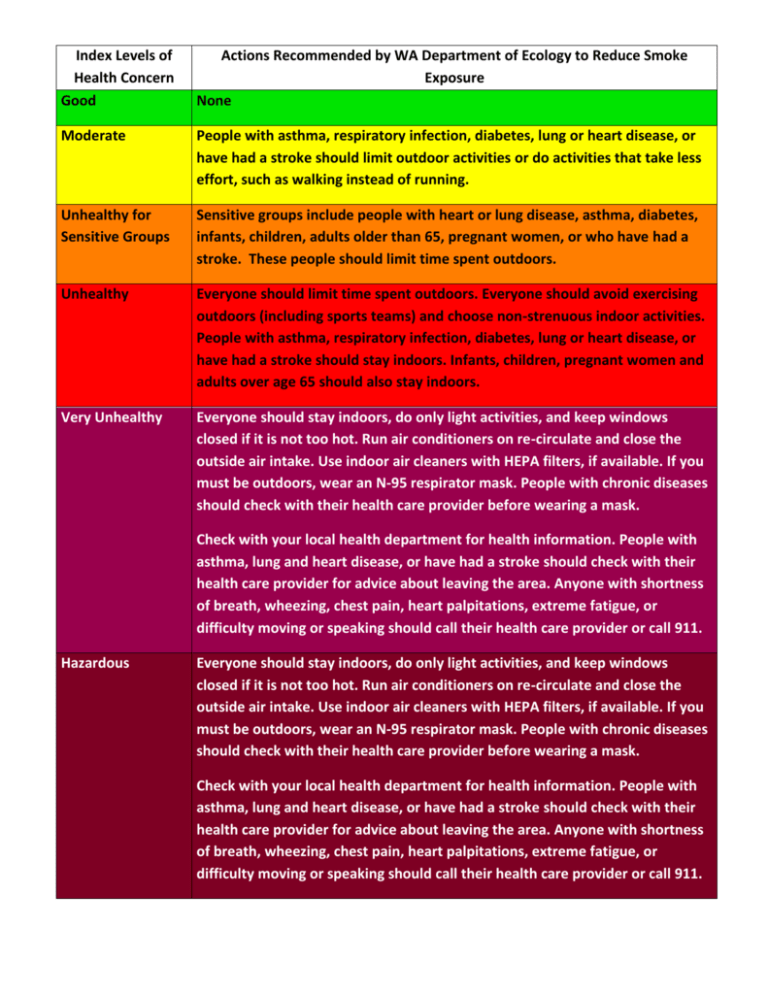
Index Levels of Health Concern Good Actions Recommended by WA Department of Ecology to Reduce Smoke Exposure None Moderate People with asthma, respiratory infection, diabetes, lung or heart disease, or have had a stroke should limit outdoor activities or do activities that take less effort, such as walking instead of running. Unhealthy for Sensitive Groups Sensitive groups include people with heart or lung disease, asthma, diabetes, infants, children, adults older than 65, pregnant women, or who have had a stroke. These people should limit time spent outdoors. Unhealthy Everyone should limit time spent outdoors. Everyone should avoid exercising outdoors (including sports teams) and choose non-strenuous indoor activities. People with asthma, respiratory infection, diabetes, lung or heart disease, or have had a stroke should stay indoors. Infants, children, pregnant women and adults over age 65 should also stay indoors. Very Unhealthy Everyone should stay indoors, do only light activities, and keep windows closed if it is not too hot. Run air conditioners on re-circulate and close the outside air intake. Use indoor air cleaners with HEPA filters, if available. If you must be outdoors, wear an N-95 respirator mask. People with chronic diseases should check with their health care provider before wearing a mask. Check with your local health department for health information. People with asthma, lung and heart disease, or have had a stroke should check with their health care provider for advice about leaving the area. Anyone with shortness of breath, wheezing, chest pain, heart palpitations, extreme fatigue, or difficulty moving or speaking should call their health care provider or call 911. Hazardous Everyone should stay indoors, do only light activities, and keep windows closed if it is not too hot. Run air conditioners on re-circulate and close the outside air intake. Use indoor air cleaners with HEPA filters, if available. If you must be outdoors, wear an N-95 respirator mask. People with chronic diseases should check with their health care provider before wearing a mask. Check with your local health department for health information. People with asthma, lung and heart disease, or have had a stroke should check with their health care provider for advice about leaving the area. Anyone with shortness of breath, wheezing, chest pain, heart palpitations, extreme fatigue, or difficulty moving or speaking should call their health care provider or call 911.
